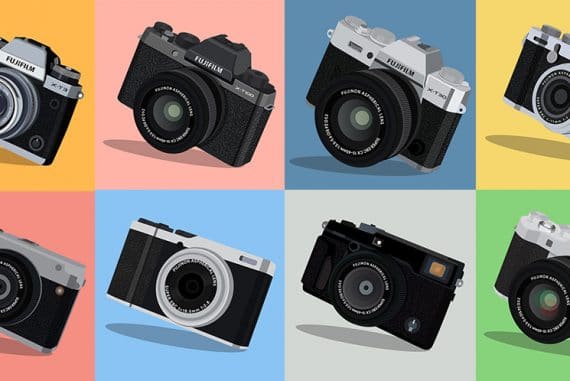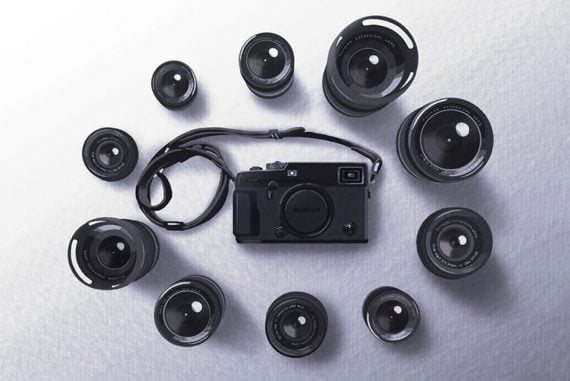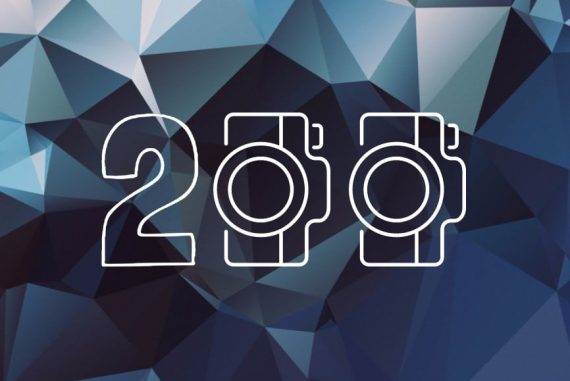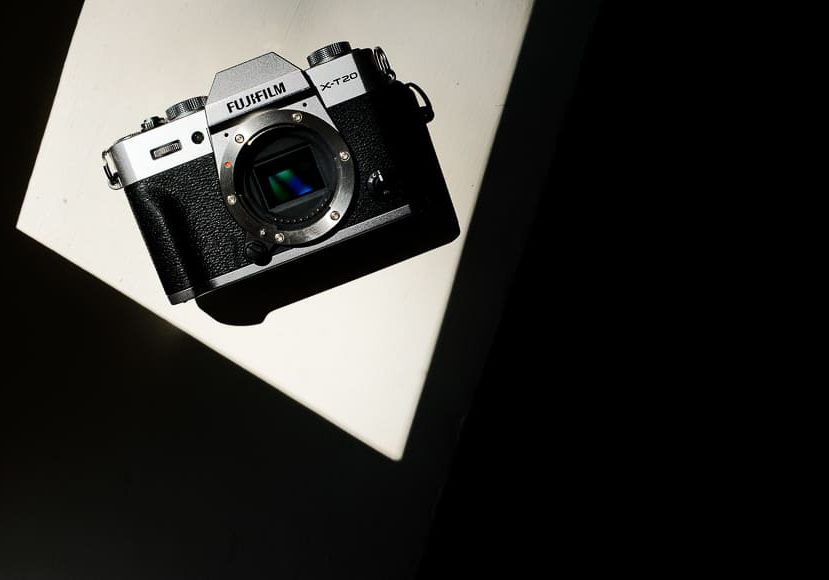
Fuji X-T20 Review
A thorough real-world Fuji XT20 review by a professional photographer who gives his views on this excellent mirrorless camera. Check out the sample photos!
This is an unbiased, comprehensive Fuji X-T20 review by Mark Maya, a photographer and educator from Durham, NC.
Mark is a wedding and portrait photographer who has written a review on the Fuji X-T20 based on his experiences using it both personally and professionally.
All images are his own (taken with the XT20) except for those of the camera itself (which were taken on an X100F).
Fuji X-T20 Review Summary
If there’s one major takeaway regarding the Fuji X-T20, it’s that this little camera is a pleasure to use. Packing a bunch of professional-quality features into a very affordable package, it’s equally perfect for the hobbyist or pro. It features a 24MP sensor, improved AF system and tilting LCD screen.
Fuji X-T20 | Introduction
- Great value for money
- Excellent image quality
- Stylish, lightweight design
- Tilting LCD screen
- Not weather resistent
- Low battery life and no support for battery grip
Since the release of the Fujifilm X100 back in 2011, I’ve been a Fuji camera fan. The X100 changed how I looked at my gear, where I took photos and increased my willingness to “play”.
I see the X100 as a “hobbyist” camera. Since then Fujifilm has released an incredible line up of hobbyist and professional “X-Series” cameras including 3 more versions of the X100, X-T2, X-Pro2 and the GFX 50S respectively.
As Fujifilm has entered into the “professional photography” world with this lineup I feel that they might have initially created a large gap between the hobbyist and the pro.
In my opinion, the Fuji X-T20 closes that gap by delivering the functionality and quality that the pros need while providing an affordable price, creative options and mobility that hobbyists want.
New Features
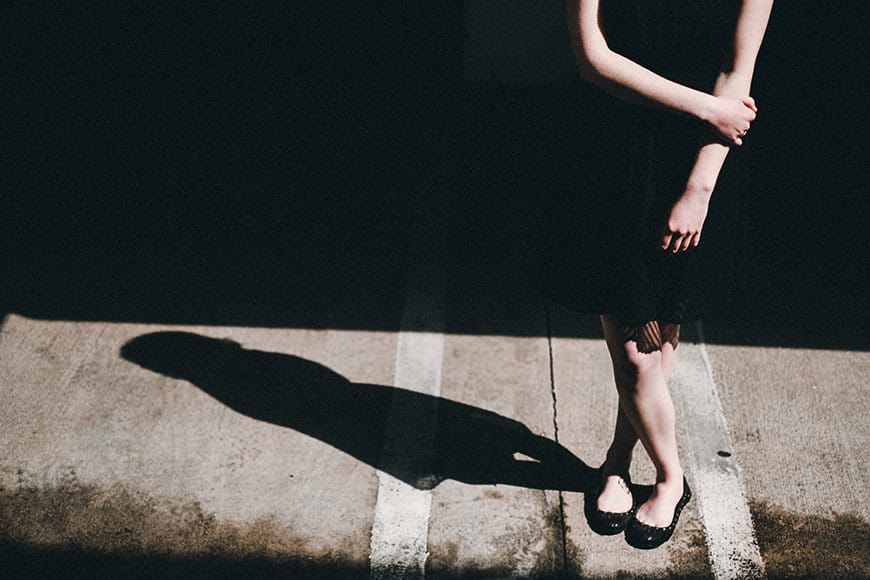
Fuji X-T20 + Fuji 35mm f/1.4R | 1/4000 sec at f/1.4, ISO 100
Here are the most relevant new features of the Fuji X-T20 when compared to the previous X-T10:
- Touchscreen control
- 325-point autofocus system
- Higher-resolution 24.3MP X-Trans CMOS III sensor (up from 16.2MP in X-T10)
- 4K video
I’ve shot in Live View for a couple of years using the 5D Mark lll and the Fujifilm X100. One of the key factors that was missing for me was the touchscreen.
The Fuji X-T20 comes with an up and down tilting LCD screen that allows you to touch focus, touch shoot, swipe through photos and magnify. This helps with quick changes of perspective and angles during shoots and allows me to ensure focus and exposure are correct, and to see playback significantly quicker than the above mentioned cameras.
The Fuji X-T20 comes with the same auto-focus system as the Fuji X-T2, providing a wickedly fast 325-point auto-focus system for photos and video. I found this to be one of the big factors that set it apart from the X100.
The auto-focus speed has been improved greatly on the Fuji X100F, but it’s still faster on the Fuji X-T20.

Fuji X-T20 + Fuji 56mm f/1.2R | 1/4000 sec at f/1.2, ISO 100
The new 24.3MP APS-C X-Trans CMOS III sensor paired with the improved image processor gives the user the ability to shoot at 2x the speed of its predecessor.
This was also a massive shift towards the “professional” camera because after years of talking to other photographers about the “mirrorless revolution”, the most common hesitancy was that they were simply too slow.
Finally, the Fuji X-T20 offers a bump in resolution over its predecessor, and can also shoot 4K and 1080p video. This can easily be chosen in the dial on the top of the camera.
Other notable features include:
- Electronic viewfinder with 62x magnification
- 4K video shoots at up to 30fps and HD video at up to 60 fps – both are usable with the in-camera film simulation
- 8 fps continuous shooting with AF, 5 fps with live view
- 5mm jack for external microphone
- Multiple Exposure mode in the dial options
Fuji X-T20 Image Quality

Fuji X-T20 + Fuji 35mm f/1.4R | 1/1000 sec at f/1.4, ISO 100
Image quality in the Fuji X-T20 is truly something. During my first shoot with it I honestly had low expectations as I had been slightly disappointed in the X100’s “professional quality” 16MP files which I purchased for a few hundred dollars less around 4 years ago.
I shot the session just before the sun went down for a friend and just wanted to see how the Fuji X-T20 performed. On the back of the camera the photos looked beautiful but I knew the true test was when I edited them.
Once I started editing the files I quickly realized that this wasn’t the same as the X100. Not even close.
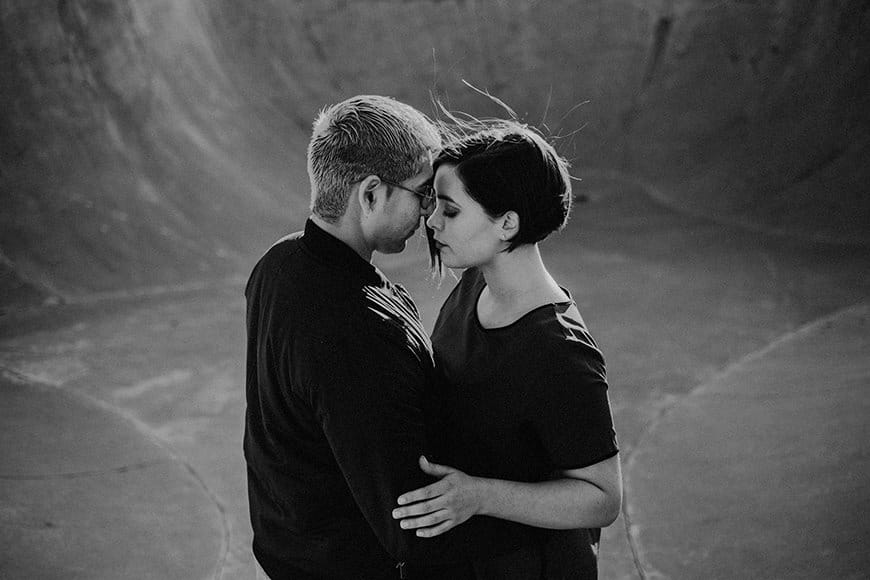
Fuji X-T20 + Fuji 35mm f/1.4R | 1/4000 sec at f/1.4, ISO 100
It turns out that the Fuji X-T20 has the exact same 24MP X-Trans III sensor and image processor as the Fuji X-T2 and Fuji X-Pro2, so in essence I was editing the same quality of files as the more expensive and professional cameras that Fujifilm had previously released.
Every RAW file is 6000 x 4000 pixels and packed with just as much sharpness, dynamic range and color as I’d expect from any professional camera.
In post-production, I spent less time culling and editing the files from the Fuji X-T20 than I did from my Canon 5D Mark lll, because of the accuracy of the auto-focus and the electronic viewfinder.
The SOOC files (straight out of camera) already had many of the tones and colors that I normally edited with because I was able to add +1 sharpening, -1 shadow tones and -1 highlight tones along with Fuji’s unique in-camera “Provia” film simulation.

Fuji X-T20 + Fuji 35mm f/1.4R | 1/4000 sec at f/1.4, ISO 200
This made editing simpler and a lot more fun during post-processing in Lightroom and Alien Skin Exposure as I generally do.
Above you can see the SOOC image alongside my final image with my post processing a slight crop applied.
Fuji X-T20 Design
I was pleasantly surprised when I first held the Fuji X-T20 . At 13.5 ounces with the dimensions 118 x 83 x 41mm, I felt like I was holding the X100 or another point and shoot camera. The only difference was I could choose from the awesome selection of Fuji lenses now.
Somehow Fujifilm packed in professional quality to a cool, minimal and lightweight design. The functionality of the design stays true to Fujifilm’s “retro” feel utilizing the usual dials on top and incorporating the toggle buttons on the back.

Besides the simple size of the camera, the buttons and dials, LCD screen mobility and the ability to manually adjust the exposure triangle makes shooting with the X-T20 less about shooting and more about the creative process and photos.
In fact, the combination of its small size, light weight, excellent image quality and fast auto-focus makes the Fuji X-T20 one of the best travel cameras I’ve ever come across.
Autofocus
The Fuji X-T20 has 3 “auto focus” modes. “Single AF”, “Continuous AF” and “MF” (manual focus). I found myself going back and forth between the “Single AF” and the “Continuous AF”, testing out the capabilities of each and how the camera responded to each.
In the end I found the “Single AF” to be the best for me when shooting portraits with more still subjects while the “Continuous AF” was best for events, shooting kids and moving subjects.

Fuji X-T20 + Fuji 56mm f/1.2R | 1/2000 sec at f/1.2, ISO 100
The “Continuous AF” mode has a tracking feature that worked generally well. The “Single AF” speed was very fast and accurate.
Generally comparing to my experience with the 5D Mark lll, I was able to shoot less and keep more photos because of the accuracy of the the autofocus system in the X-T20.
Viewfinder and Touchscreen
I found the electronic viewfinder (EVF) on the Fuji X-T20 to be more functional comparatively to the X100 due to the refresh speed, and definitely more useful than the Canon 5D Mark lll (or any dSLR camera) in that it gave me the “live view” in the viewfinder.
This was helpful during my shoots in the middle of the day where it’s normally difficult to see the LCD screen on the back of the camera because of glare.
As someone who uses “live view” often, I found this to be a great addition to evaluate exposure, focus and composition at a faster speed than I’m used to. Indeed, the EVF is a huge advantage of all mirrorless cameras.
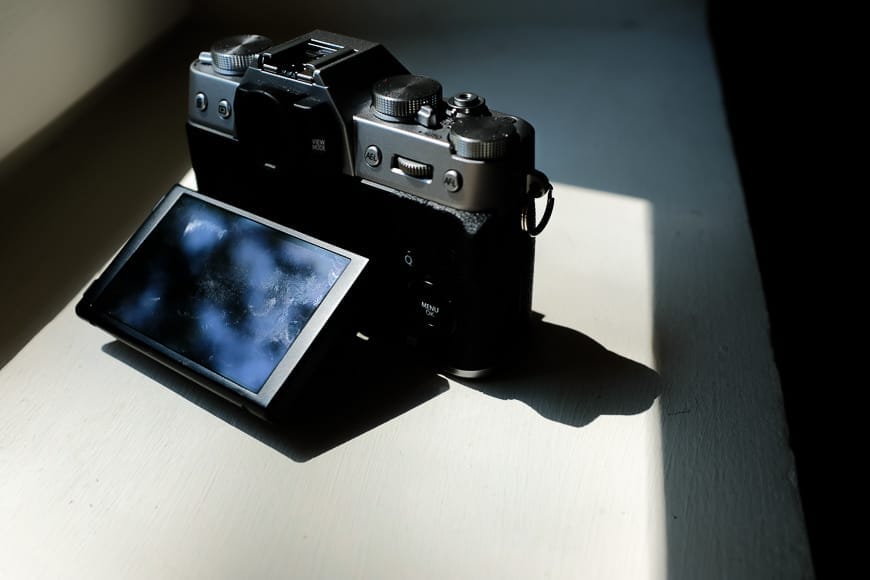
As I previously mentioned, the tilting touchscreen was a feature that gave me mobility, creative flexibility, and gave me options to change angles with a higher “keep rate” percentage than usual. It allowed me to compose, focus and increased my visibility during shooting at twice the speed.
The simple “tilting” feature was the game-changer for me because it took away my need to lay on the ground or stand on a stool to get well focused, exposed and composed photos.
Value for Money
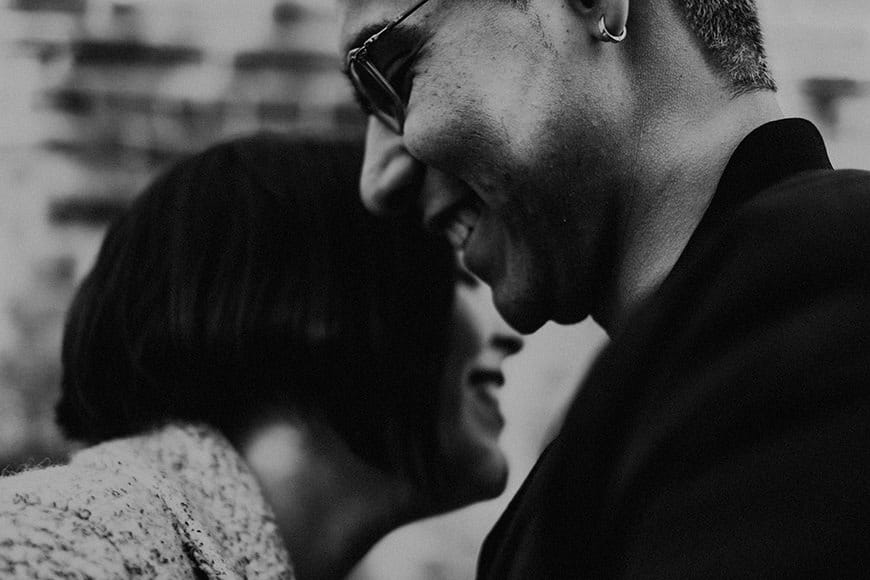
Fuji X-T20 + Fuji 35mm f/1.4R | 1/500 sec at f/1.4, ISO 200
When you compare the Fujifilm X-T20 to its more professional older brother, the X-T2 (and similar cameras), then you’ll easily see that it’s one of best bargains on the market.
Sure you’re giving up a few bells and whistles like weather resistance, battery grip option, higher EVF magnification, lower ceiling shutter speed of 1/4000 (compared to 1/8000 in the X-T2) but with the exact same sensor, smaller size and weight, the ability to use the best Fuji lenses and coming in at almost half the price of the X-T2, the X-T20 is “pound-for-pound” one of best value mirrorless cameras out there.
I think this is especially true if you’re wanting to create “professional” looking images but aren’t that concerned with the extras that tend to jack the price up!
Areas of Improvement
One of the first issues I had with the Fuji X-T20 was how SD card slot was strangely crowded. I have average size fingers but as I started inserting and taking out the card I started to wonder if someone with larger fingers would get frustrated with this.
Video is becoming more and more popular in the photography community so I was excited to see a jack for an external microphone hoping that I would be able to use my Rode microphones with the X-T20. After further inspection I was disappointed to learn that the jack size was only 2.5mm. This is the increasingly uncommon smaller size jack than our usual 3.5mm size.
As an artist I find this to be a huge flaw and hindrance for photographers who also shoot video. Another area of improvement regarding “jacks” is the lack of the “headphone jack” where you can monitor audio while shooting video but this is less important than the standard jack size for the actual microphone.
I’m 5’9 and have always struggle to get those higher angles during shoots without a step ladder or stool. This was one of the reasons that I started shooting in live view so much. Although the X-T20 has a tilting screen that tilts up 90 degrees and down 45 degrees, I found that the downward tilting angle was where I was using it most and couldn’t quite get the visual accessibility to the screen that I truly wanted.
I think the screen could be able to tilt down to 90 degrees rather than 45 and possibly a “flip out” and “swivel” the screen to take the X-T20 to the next level of versatility.
I like that my RAW photos have the film simulation options inside of the X-T20 but when I try to add the “advanced filters” like “miniature”, “toy camera”, “pop color”, etc. then my files are automatically shot in the JPEG format. As a result, I will not using these filters but would love to see RAW capabilities paired with them in the future.
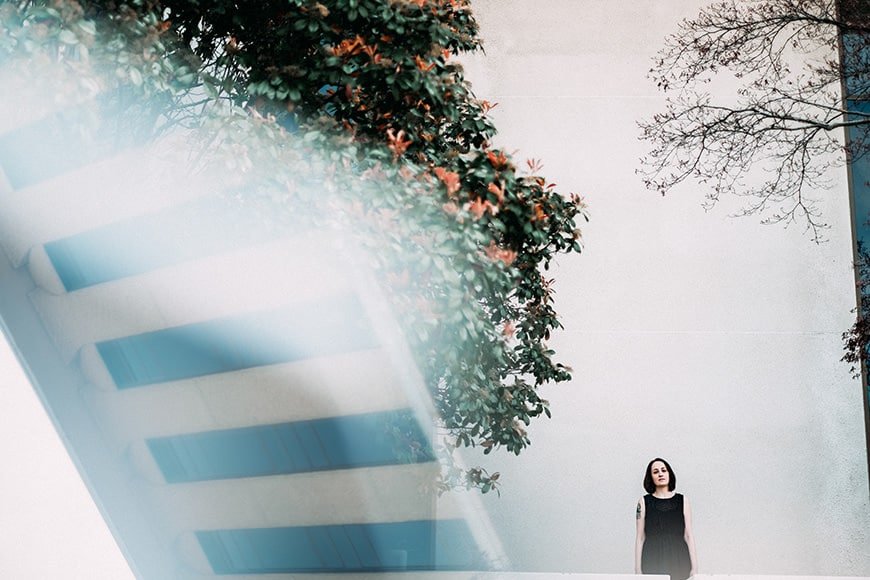
Fuji X-T20 + Fuji 35mm f/1.4R | 1/4000 sec at f/1.4, ISO 200
One feature of the X-T2 that professional photographers loved was the “weather resistant” body. Fujifilm omitted this feature in X-T20 possible due to it’s minimal, compact design. For the pro this might be one of the deciding factors when choosing whether the X-T20 is a good fit for them or not.
Battery life in mirrorless cameras has been a huge issue since their birth many a few years ago. They just simply don’t last as long as the DSLRs do. The X-T20 is no exception coming at a battery life of around 350 frames when using the XF35mmF1.4 R with the LCD monitor ON.
Connecting to battery issues, the Fuji X-T20 lacks the ability to use a battery grip so the photographer can simply shoot longer without having to change out batteries. This is another big difference in the X-T2 and the X-T20 when pros are comparing the two.
Fuji X-T20 Review | Conclusion
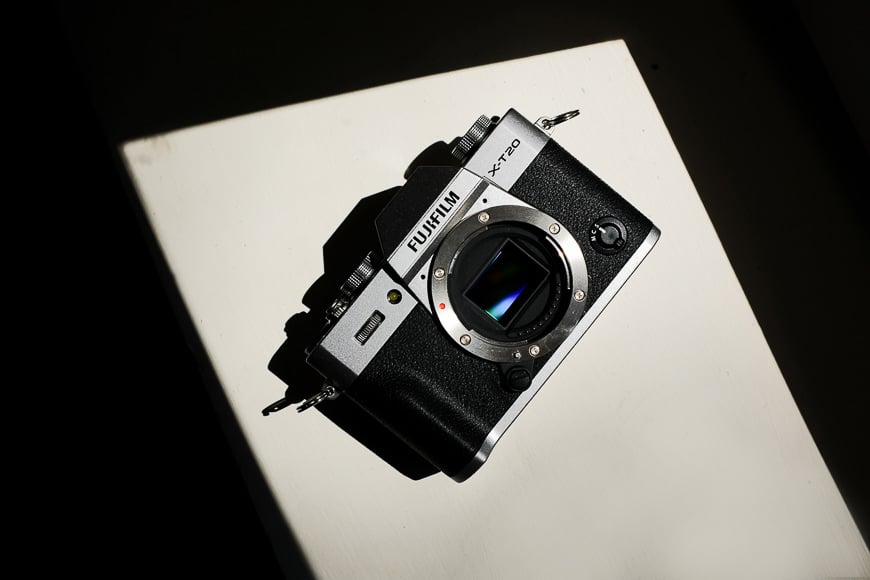
The Fujifilm X-T20 has all the features that a hobbyist or pro would need at a price that both will love. I’ve yet to see another camera that has this many professional features packed into such a versatile, functional and well-designed camera.
With a minimal amount of design flaws and the inclusion of the professional sensors, the Fujifilm X-T20 will be giving others cameras in it’s field a run for their money and challenge the industry to provide professional quality at an affordable price.
Guest Review by photographer and educator Mark Maya | www.markmayaphoto.com






